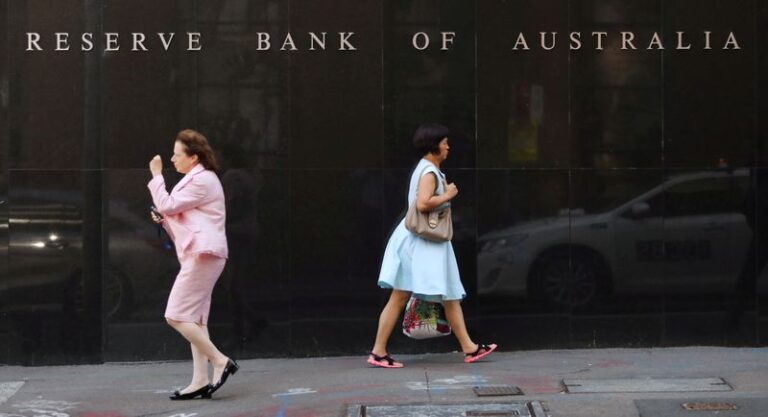
(Reuters) – Absorbing spare labour market capacity and achieving full employment are important national priorities, a senior Australian central bank official said on Wednesday, reiterating the bank’s commitment to supportive monetary policy.
Australia’s labour market has surpassed all expectations with the unemployment rate sliding to pre-pandemic levels of 5.1%. The RBA estimates that the rate will likely need to be around 4% to generate wage and inflation pressures.
“Full employment is a worthy goal for its own sake, given how important jobs and income are for people’s welfare,” Reserve Bank of Australia (RBA) Assistant Governor Luci Ellis said in a speech.
“It is also a precondition for achieving the rates of wages growth that would be consistent with inflation being sustainably within the 2%–3% target range that the Bank is mandated to achieve.”
Ellis said the RBA Board was committed to maintaining its highly supportive monetary policy settings to help achieve its employment and inflation goals.
Inflation has consistently undershot the RBA’s target band for more than five years and the Bank’s own forecasts show underlying measures are unlikely to reach the mid-point of the range through until mid-2023 at least.
The RBA has repeatedly said it will not raise interest rates from the current 0.1% until actual inflation is sustainably within its target band.
Ellis said another reason to support demand was to help enable structural changes that might be needed in a post-pandemic world.
“To the extent that the post-pandemic world is indeed different from the pre-pandemic one, a robust recovery and expansion can smooth the transition,” Ellis noted.
“For all these reasons, the Board remains committed to maintaining highly supporting monetary conditions. The aim of these policy settings is to support a return to full employment and inflation consistent with the target.”






